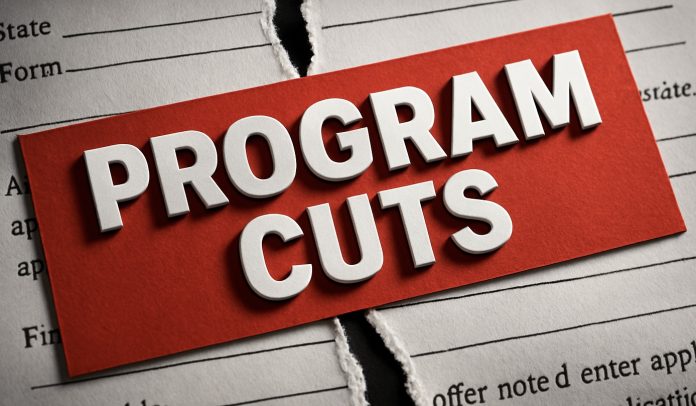Des Moines, IA – Accounting technician and bookkeeping certificate programs, long considered fast-entry pathways into office finance and small business support roles, may face significant challenges accessing federal aid beginning in 2026. These programs, commonly delivered through career colleges and workforce training centers, fall directly under the federal government’s strengthened performance and earnings standards for certificate-level education.
According to federal guidelines, accounting technician and bookkeeping certificates that are unaccredited, non-credit, or below 150 instructional hours cannot receive Title IV student aid. Programs between 150 and 600 hours must now meet Workforce Pell requirements, including a 70% completion rate, 70% job placement rate, and tuition aligned with graduates’ verified value-added earnings measured three years after program completion.
Starting July 1, 2026, these programs must also pass the federal “low earnings outcomes” rule. Under this test, certificate programs lose access to Direct Loans if their graduates earn the same or less than working adults with only a high school diploma for two out of three measured years. Because many entry-level bookkeeping and accounting clerk roles start at modest wages—particularly in small businesses—programs in lower-wage markets may struggle to remain eligible.
Schools warn that reduced aid access could limit affordable training options for students seeking entry into finance and accounting careers.




